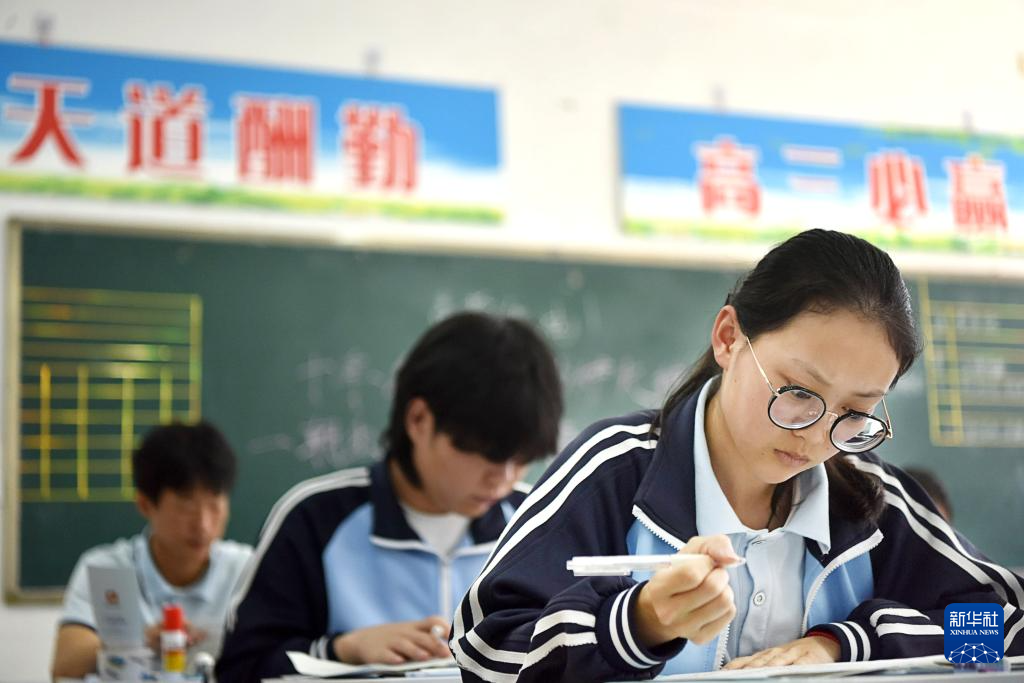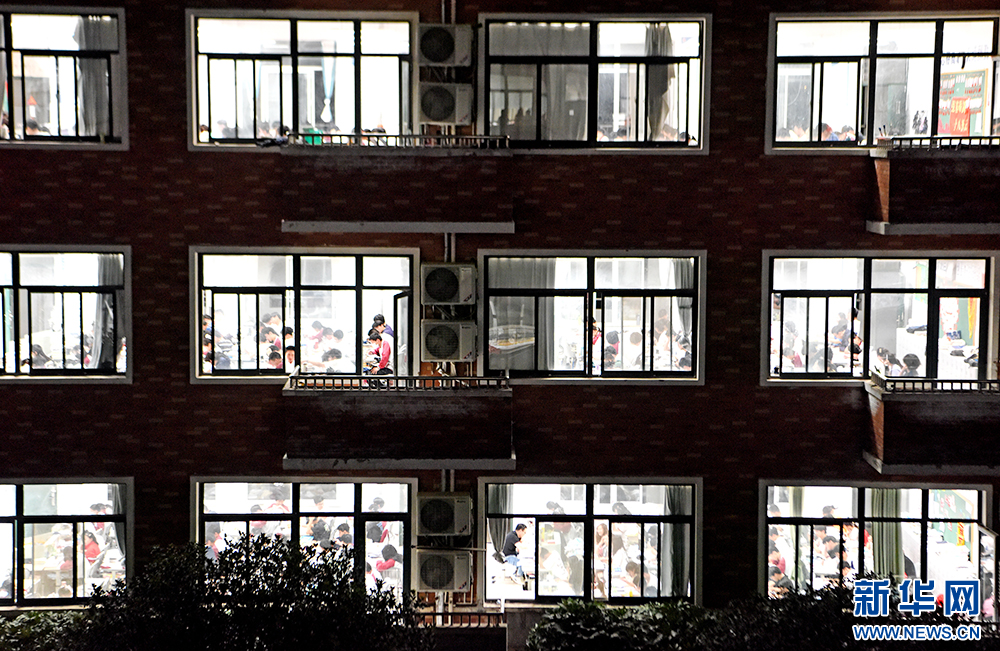
As millions of students across China sit for the annual college entrance exam, or gaokao, starting this weekend, forecasters are warning of extreme weather conditions such as heat waves and torrential rain.
READ MORE: AI surveillance to ensure safe, fair gaokao
According to the China Meteorological Administration, a heat wave is gripping northern China. From Thursday to Monday, temperatures are expected to soar above 35 C in Beijing, Tianjin, and parts of Hebei, Shanxi, Shaanxi, Henan and Shandong provinces. In some regions, temperatures could reach 38 to 40 C, with the heat expected to ease from Monday.
ALSO READ: Enhanced measures put in place to help students attending gaokao
At the same time, torrential rainfall and thunderstorms are expected from Friday to Tuesday across large parts of southern and eastern China. Intense rainfall in certain areas, including parts of Hubei, Anhui, Jiangsu, Zhejiang, Jiangxi, Hunan and Guizhou provinces, may exceed 160 millimeters.

The heavy rainfall is forecast to peak between Thursday night and Monday, with the potential for hourly rainfall exceeding 80 millimeters in some areas.
Authorities suggest that students and families involved in the exam to prepare in advance, particularly in regions expecting severe rainfall and high temperatures.
READ MORE: Gaokao: Jacky Cheung concerts in Dongguan postponed
In areas affected by heavy rain, students are encouraged to plan routes in advance and take precautions against waterlogging and delays. In hot regions, students are advised to protect themselves against heatstroke by staying hydrated and avoiding prolonged exposure to the sun, the administration said.


